Health And Medicine
-

Dialing down the mercury
Antioxidant compounds may counteract the neurotoxic effects of methylmercury, new research suggests. Read MoreApr 14, 2011
-
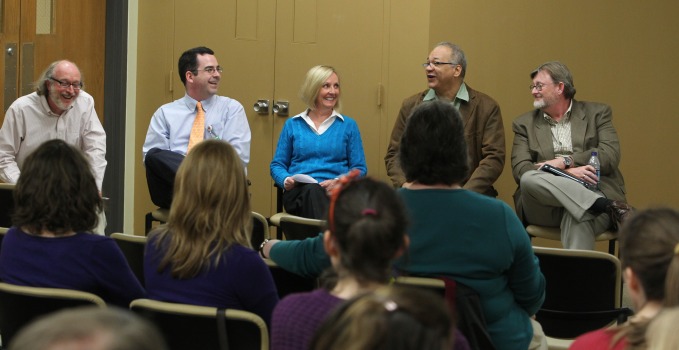
Researchers discuss ethical considerations of ‘curing’ disabilities
Vanderbilt researchers from the Department of Pediatrics, Peabody College and the Divinity School joined with parent advocates for a panel discussion on the ethical considerations of "curing" disabilities. Read MoreApr 14, 2011
-

Mouse study offers clues for childhood obesity
An obesity-associated genetic variation makes fatty food more rewarding yet less satisfying, new research in mice suggests. Read MoreApr 13, 2011
-

Brain injury strongly linked to depression, but treatments lack study
Though a direct link has been found between traumatic brain injury and depression, not enough is known about how to treat those suffering the results. Read MoreApr 13, 2011
-
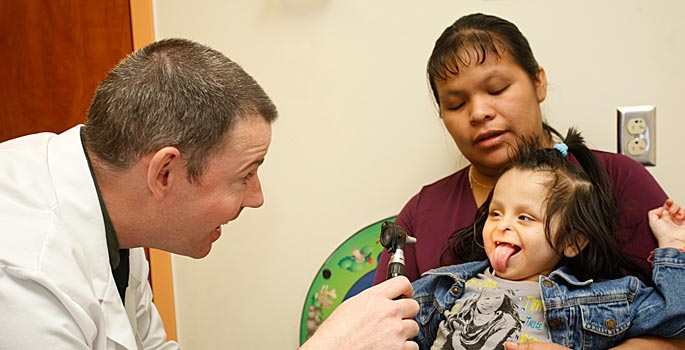
Vaccines do not harm children with metabolism disorders
A new study finds no link between childhood vaccinations and a type of metabolism disorder. The study is the latest to provide evidence of vaccination safety. Read MoreApr 12, 2011
-

Soy foods not a risk for breast cancer survivors
(stock.xchng) After years of confusion about the safety of soy food consumption by breast cancer survivors, a large new study found that eating soy foods did not increase the risk of cancer recurrence or death among breast cancer survivors. The study was presented at the American Association for Cancer… Read MoreApr 12, 2011
-

Four new Alzheimer’s genes uncovered
Jonathan Haines, director, Vanderbilt Center for Human Genetics Research (Vanderbilt) Vanderbilt researchers, who helped organize a consortium including the University of Pennsylvania School of Medicine, the University of Miami Miller School of Medicine, and the Boston University School of Medicine, have identified four new genes linked to… Read MoreApr 4, 2011
-

Gene ups risk for needing pacemaker
Researchers have identified a gene that increases the risk for developing sick sinus syndrome – the most common cause for implanting a cardiac pacemaker. Read MoreApr 1, 2011
-
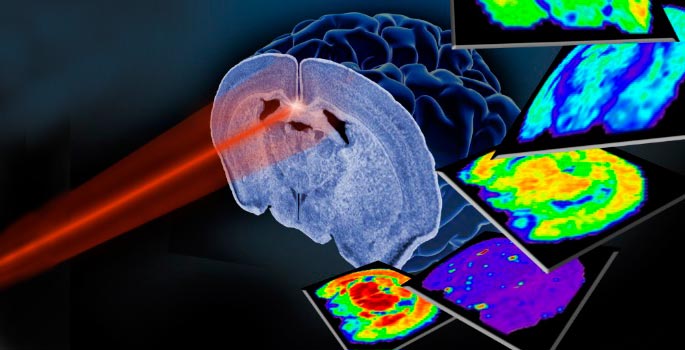
Grant bolsters molecular imaging resource
Vanderbilt has received a $10.3 million federal grant to establish a national research resource for mass spectometry. Read MoreApr 1, 2011
-

How young brains make sense of senses
The brain’s ability to process multiple sensory inputs continues to develop well into childhood, a recent study shows. Read MoreMar 31, 2011
-
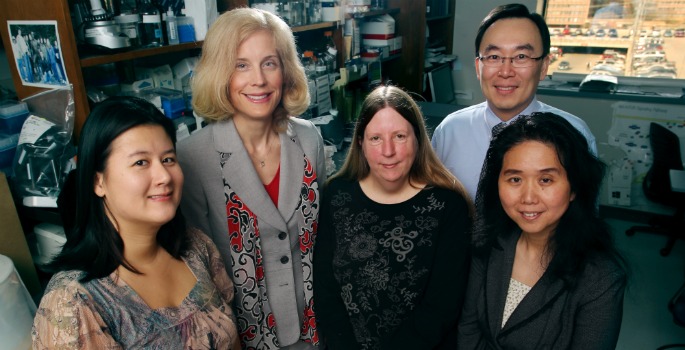
Gene ‘signature’ may predict cancer outcomes
A gene signature may be useful in predicting outcomes for patients with rhabdomysarcoma, a form of cancer most commonly diagnosed in children. Read MoreMar 25, 2011
-

Cancer Center study snuffs out menthol myths
People who smoke mentholated cigarettes are no more likely to develop lung cancer or die from the disease than are smokers of non-mentholated brands, a new study shows. Read MoreMar 24, 2011
-

Identifying genes to predict and prevent pre-term birth
Vanderbilt professor receives $585,000 March of Dimes grant to identify genes that may predict preterm birth and help in the development of drugs to prevent it. Read MoreMar 22, 2011
-

Breast cancer vulnerable to multi-hit therapy
Combining targeted therapies may increase their effectiveness in treating a common and aggressive form of breast cancer. Read MoreMar 21, 2011
-
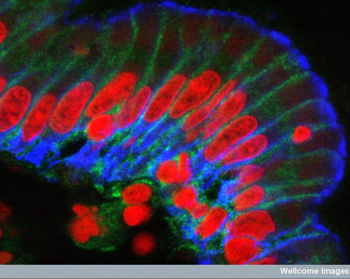
Protein combos keep cells straight
Researchers define the protein interactions that establish our organs' lining. Read MoreMar 18, 2011
-
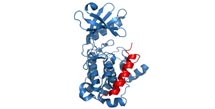
Spying on shape-shifting enzyme
New molecular views of an enzyme may inform therapies for neurological, psychiatric or cardiac diseases. Read MoreMar 18, 2011
-

Nurse staffing levels linked to patient mortality risk
A new study finds that when nurses' workloads increase during shifts because of high patient turnover, mortality risk also increases. Read MoreMar 17, 2011
-

Smell test tells disorders apart
Patients with certain autonomic nervous system disorders have impaired odor identification, which could aid in diagnosis. Read MoreMar 17, 2011
-

Neuroscience drug discovery center opens at Vanderbilt
Vanderbilt University Medical Center has established a new Center for Neuroscience Drug Discovery to accelerate research that may lead to new treatments for Parkinson's disease, schizophrenia and other disorders of the brain. Read MoreMar 11, 2011
-

Elephants can transmit TB to humans
Elephants can transmit TB to humans, researchers at the CDC, Tennessee Department of Health and Vanderbilt University have reported. Read MoreMar 11, 2011